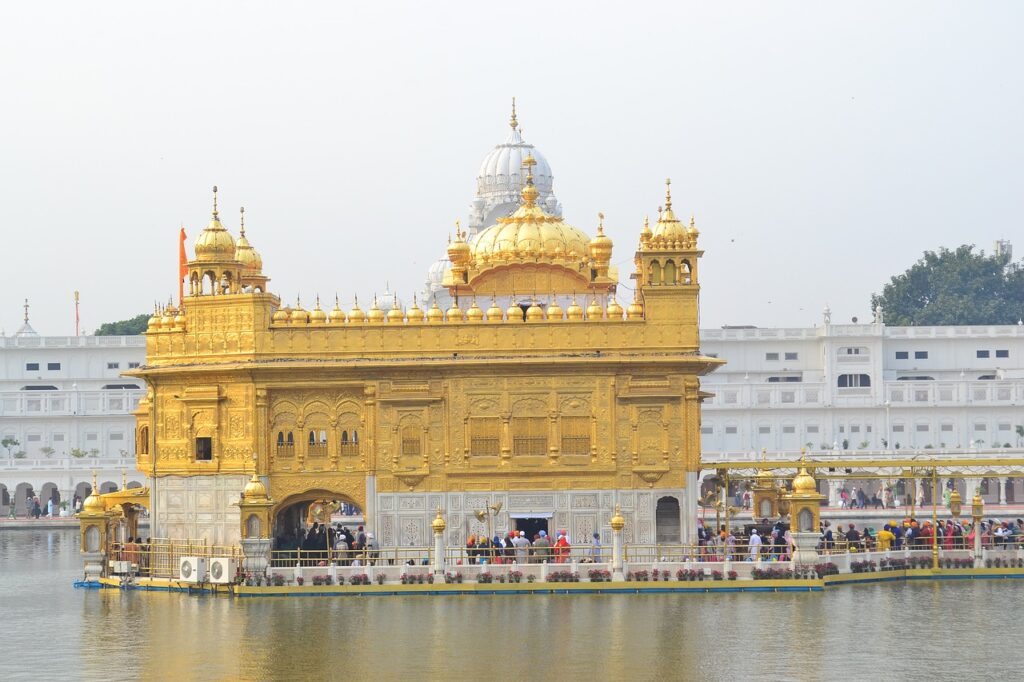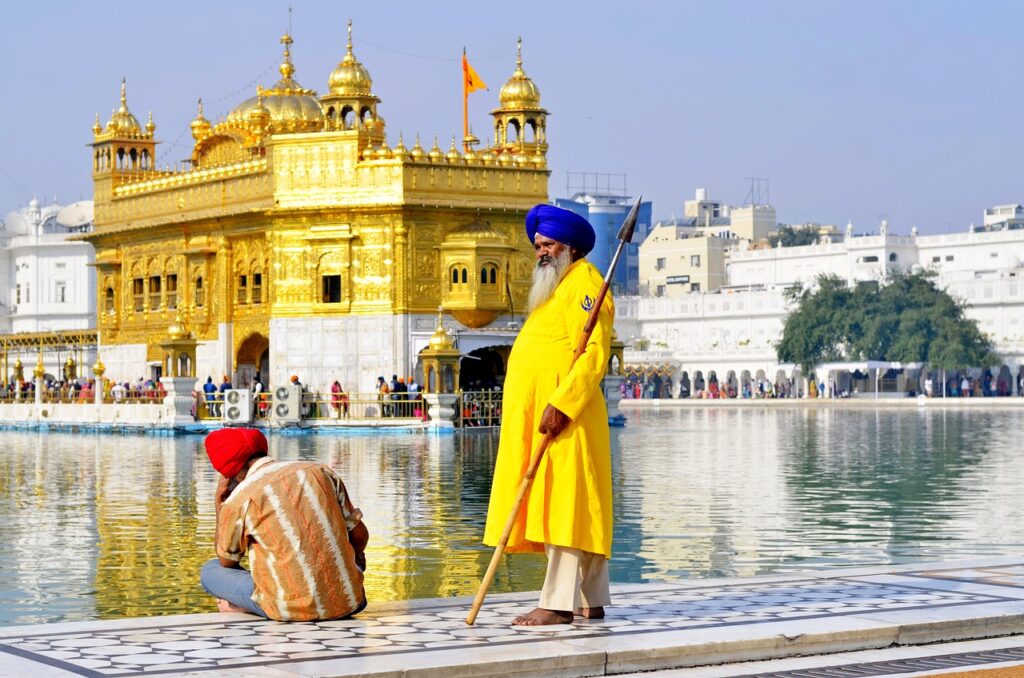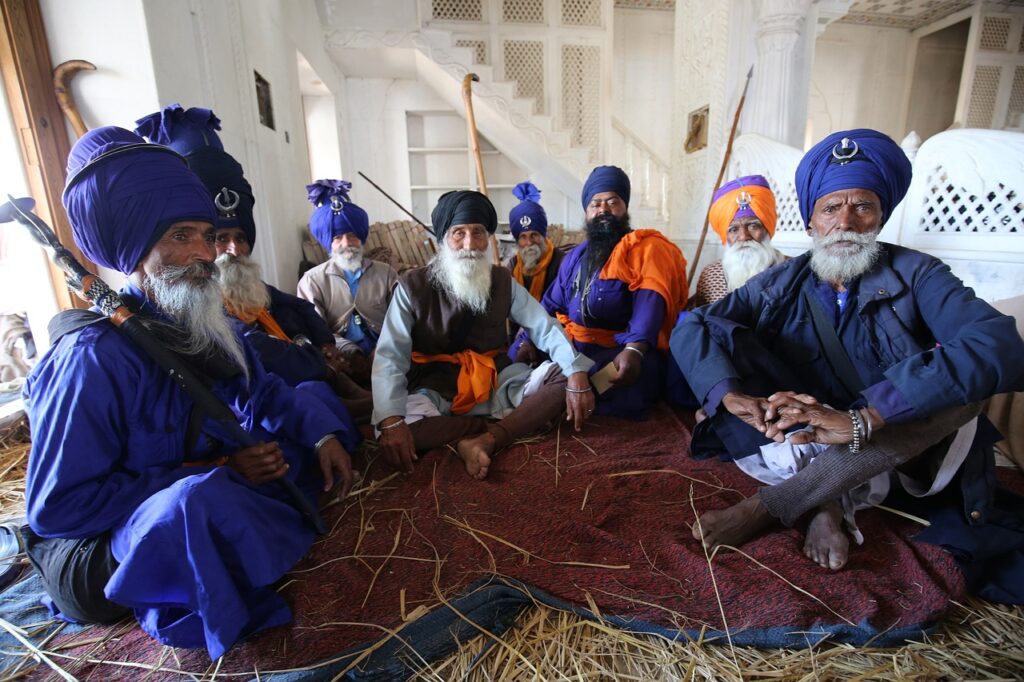History of Sikhism with 360 Weeks

Sikhism is a monotheistic religion founded in the 15th century in the Indian subcontinent. It emerged as a distinct faith under the leadership of Guru Nanak, and its development was shaped by a succession of ten spiritual leaders known as the Gurus. Here’s an overview of the history of Sikhism.

Guru Nanak (1469-1539)

Guru Nanak, born in 1469 in present-day Pakistan, founded Sikhism in the early 16th century.
He emphasized the oneness of God, equality of all humans, and rejected caste-based discrimination.
Guru Nanak’s teachings were based on devotion to one God and a commitment to truthful living.
Succession of Gurus (1539-1708)
After Guru Nanak, a line of nine Gurus followed, each contributing to the development of Sikhism.
Guru Angad, Guru Amar Das, and Guru Ram Das played significant roles in organizing the Sikh community.
Guru Arjan compiled the Sikh scripture, Guru Granth Sahib, and constructed the Golden Temple in Amritsar.
Guru Hargobind (1595-1644)
Guru Hargobind introduced the concept of Miri-Piri, combining spiritual and temporal aspects of leadership.
He militarized the Sikhs in response to increasing persecution from the Mughal rulers.
Guru Tegh Bahadur (1621-1675)
Guru Tegh Bahadur sacrificed his life to protect the religious freedom of non-Muslims under the Mughal emperor Aurangzeb.
Guru Gobind Singh (1666-1708)
Guru Gobind Singh, the tenth Guru, further militarized the Sikh community and established the Khalsa in 1699.
He initiated the Five Ks (Kesh, Kara, Kanga, Kachera, and Kirpan) as symbols of Sikh identity.
Before his passing, Guru Gobind Singh declared the Guru Granth Sahib as the eternal Guru, ensuring that the Sikh community would be guided by the scripture.
Formation of the Khalsa (1699)

Guru Gobind Singh initiated the first five members of the Khalsa, a community of baptized Sikhs committed to the principles of righteousness, equality, and service.
Post-Guru Period
After the physical form of the Gurus, Sikhs were instructed to turn to the Guru Granth Sahib for spiritual guidance.
The Khalsa played a crucial role in resisting oppression, particularly during the turbulent period of the 18th century in Punjab.
Sikh Empire (Early 19th Century)
Maharaja Ranjit Singh established the Sikh Empire in the early 19th century, covering significant parts of Punjab.
British Rule and Independence Movement
The Sikh Empire fell to the British in 1849, and Sikhs played a prominent role in the Indian independence movement.
After India gained independence in 1947, the partition led to the creation of Pakistan, and many Sikhs migrated to India.
Today, Sikhism is one of the major religions in the world, with significant communities in India and diaspora populations around the globe. The principles of Sikhism include devotion to God, selfless service, and equality for all, regardless of caste, creed, or gender. The Guru Granth Sahib remains the central religious scripture for Sikhs.








